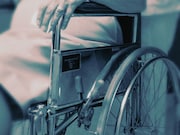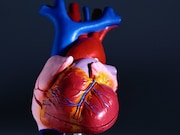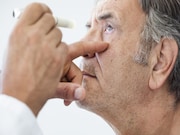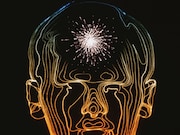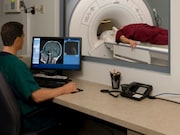Tag: Heart / Stroke-Related: Stroke
Very Low LDL-C, Triglycerides Tied to Hemorrhagic Stroke Risk in Women
Women with very low LDL or triglycerides should be monitored for other modifiable stroke risk factors
Myoelectric Computer Interface Beneficial for Stroke Survivors
MyoCI well tolerated, can reduce abnormal coactivation in stroke survivors with arm impairment
Guidelines Address PFO Closure for Secondary Stroke Prevention
Institutional requirements, multidisciplinary collaboration, quality measures addressed
High Rates of Visual Problems Seen in Stroke Survivors
Three-quarters have visual problems, including impaired central vision, eye movement abnormalities
Aspiration Noninferior to Stent Retriever for Clot Removal
Direct aspiration is equally effective for large-vessel occlusion stroke, with lower device costs
MRI Method That Measures Iron in Brain Shows Impact of Stroke
High iron content of substantia nigra associated with worse long-term motor outcomes after stroke
Hypertensive Disorders of Pregnancy Tied to Stroke Risk
However, primary preventive treatment with aspirin may cut long-term risk for stroke
Late-Onset Migraine With Aura Linked to Increased Stroke Risk
But onset before age 50 and migraine without aura not associated with higher risk for stroke
Artificially Sweetened Drinks Linked to Stroke After Menopause
Risk for all stroke, ischemic stroke, CHD, all-cause mortality up with highest level of consumption
ASA: Opioid Epidemic Tied to Infection-Related Stroke
Number of hospitalizations steady in 1993 to 2008, but increased significantly in 2008 to 2015



